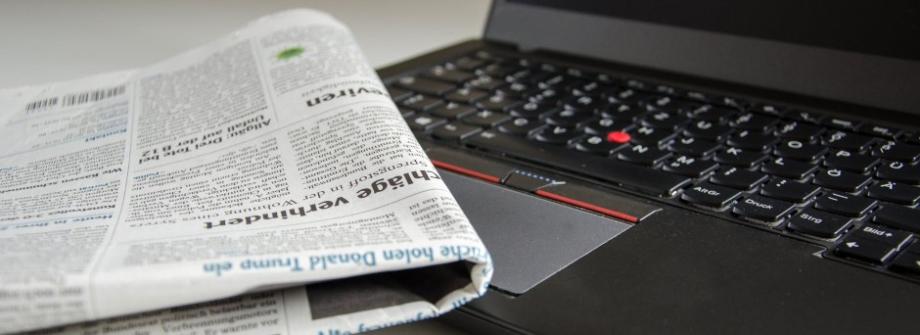
Felipe Peña* comments on the publication entitled “CD19 CAR T-cell therapy in autoimmune diseases - a case series with follow-up” published in the The New England Journal of Medicine.
* Felipe Peña, Clinical Hematology Department, Institut Català d'Oncologia-L'Hospitalet, Barcelona, Spain
CD19 CAR T-cell therapy in autoimmune diseases - a case series with follow-up
F Müller et al N Engl J Med 2024;390:687-700. DOI: 10.1056/NEJMoa2308917
Treatment of autoimmune diseases sometimes involves lifelong immunosuppression, and that's why scientists are now looking for new strategies to ameliorate aberrant autoimmunity and achieve drug-free remissions. Targeting autoreactive B cells with monoclonal antibodies (e.g. rituximab) has been used as a treatment option to deplete these lymphocytes, improving outcomes in these patients.
Chimeric antigen receptor (CAR) T cells are now an interesting treatment option for B-cell malignancies, targeting CD19 and inducing B-lymphocyte depletion, making this option attractive and feasible for autoimmune diseases.
Müller et al in this paper present results of CAR T cell therapy in 15 patients with severe SLE (8), inflammatory myositis (3) or systemic sclerosis (4) and its efficacy after a median follow-up of 15 months. SS patients showed a decrease in their activity index, IIM patients had a major clinical response and all SLE patients achieved DORIS remission, but the most significant result was that all 15 patients stopped immunosuppressive treatment after CAR T cell therapy infusion with negative serological markers, even after resolution of B-cell aplasia (median recovery time day +100).
In terms of shot time safety, none of the patients had high grade CRS or ICANS related toxicity. 10/15 presented CRS G1 and 1/10 presented CRS G2. Only 1/15 patients presented ICANS G1 which resolved with corticosteroids and only 1/15 presented G4 neutropenia further day -+100 and resolved with chronic drug dose modifications and GCSF x 3.
With respect to long-term safety, only 1/15 patients had a severe infection complication requiring hospitalization for treatment of pneumonia. Other infections were mild or moderate and mostly upper respiratory tract related. With a median follow-up of 15 months, 100% of patients are still alive and in disease-free remission. Results and outcomes were similar regardless of autoimmune disease.
Although this study has a very small number of patients, the results are promising and more than interesting with a safe and effective drug-free remission option for previously autoimmune refractory patients. Further studies are clearly needed to confirm and validate these data to improve our daily clinical practice.
References
1. Müller, F. et al. (2024) ‘CD19 car T-cell therapy in autoimmune disease — a case series with follow-up’, New England Journal of Medicine, 390(8), pp. 687–700. doi:10.1056/nejmoa2308917.